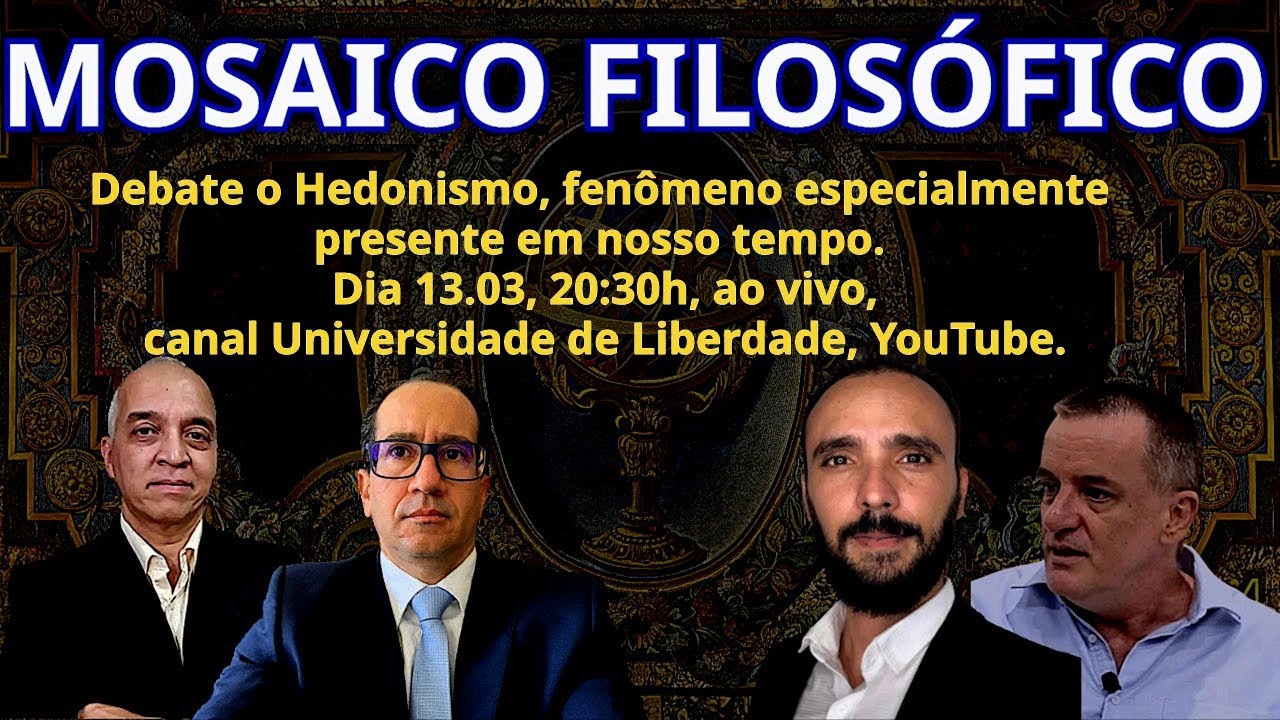Es fehlt an Emphatie!
Summary
TLDRIn this thought-provoking conversation, participants discuss the role of religion in contemporary society, highlighting its potential for both unity and division. They explore the idea of empathy and self-awareness as tools for addressing suffering and conflict, stressing the importance of kindness and understanding. The conversation also delves into the concept of a messiah, questioning whether such a figure is needed to bring justice and peace or if individuals can create positive change through self-reflection and inner growth. The dialogue promotes the values of inner transformation, empathy, and the pursuit of collective harmony.
Takeaways
- 😀 Religion provides hope, a sense of community, and a way to navigate life, but has often been misused as a weapon to create division.
- 😀 Every religion, despite its unique practices and beliefs, shares a common source and can be seen as a different route to the same ultimate truth.
- 😀 There is a growing tendency to view religion as a competition rather than a holistic guide to life, which creates conflict rather than unity.
- 😀 Suffering in the world often arises from people's reluctance to confront complexity and the tendency to project their own flaws onto others.
- 😀 Empathy is essential for understanding others, but it requires imagination and the willingness to put oneself in someone else's shoes.
- 😀 There is a widespread need for greater kindness and simple acts of positivity, such as smiling at others, to spread light and peace in the world.
- 😀 The desire to oppress others often stems from deep personal trauma, feelings of inadequacy, or unresolved issues within oneself.
- 😀 Religion and spirituality should encourage self-knowledge and personal growth, rather than focusing on external deities or figures.
- 😀 The role of a messiah, whether in Christianity or other religions, is seen not as a political ruler but as a figure who embodies justice, peace, and moral guidance.
- 😀 Personal empowerment and self-reflection are key to living a meaningful life, and should not rely on external figures but on one's own growth and understanding.
Q & A
What is the speaker's view on the role of religion in people's lives?
-The speaker believes that religion serves as a source of hope and unity, but has become a weapon used to divide people, with individuals competing to prove that their religion is superior to others. The speaker emphasizes that religion should be a holistic concept that helps people navigate life and appreciate their surroundings.
Why does the speaker think people suffer in the world?
-The speaker suggests that suffering arises from people's desire to simplify complex issues, often projecting their own flaws or dislikes onto others. This leads to oppression, which stems from deep feelings of insufficiency, lack, and unresolved trauma.
How does the speaker suggest we can address suffering in the world?
-The speaker encourages spreading kindness and being helpful in simple ways, such as smiling at others. They believe that small acts of kindness can make a significant difference in people's lives.
What is the speaker's perspective on empathy?
-The speaker acknowledges that empathy is an important concept but views it as a buzzword in modern society. They stress the need for self-awareness and the capacity to understand others' perspectives by going beyond self-interest and imagining the experiences of others.
How does the speaker view the relationship between different religions?
-The speaker believes that all religions stem from the same source, like branches of the same tree. They argue that religions may have different routes and practices, but ultimately, they all lead to the same fundamental truth.
What is the speaker's view on the concept of a Messiah?
-The speaker believes that a Messiah is necessary if they are sent by God, but they also suggest that it’s not about a specific figure but about being a good person and striving for justice, peace, and harmony in life.
How does the speaker define the role of a good leader in relation to the Messiah?
-The speaker suggests that a Messiah, or a good leader, should not just focus on specific issues like politics but should encompass all aspects of life, promoting good values and fairness. They also believe that a good leader would work towards justice and peace.
Does the speaker believe in external authority or a higher power?
-The speaker reflects that they came to realize they are their own God and that self-reflection and personal growth are more important than relying on an external entity. They believe in learning from the wisdom of religious teachings but prefer not to focus on external figures.
What is the significance of self-reflection for the speaker?
-The speaker places significant value on self-reflection as a means of achieving personal growth. They feel that focusing on one's own actions and how to improve, rather than seeking validation from an external source, is the key to living a fulfilling life.
How does the speaker view the movement they are part of?
-The speaker is part of a movement focused on light, peace, and justice, but they emphasize that it is not a vague or wishy-washy movement. They see it as serious and straight-forward, with values of peace, light, and justice being central to their beliefs.
Outlines

此内容仅限付费用户访问。 请升级后访问。
立即升级Mindmap

此内容仅限付费用户访问。 请升级后访问。
立即升级Keywords

此内容仅限付费用户访问。 请升级后访问。
立即升级Highlights

此内容仅限付费用户访问。 请升级后访问。
立即升级Transcripts

此内容仅限付费用户访问。 请升级后访问。
立即升级5.0 / 5 (0 votes)






